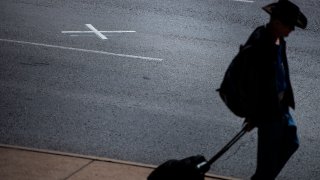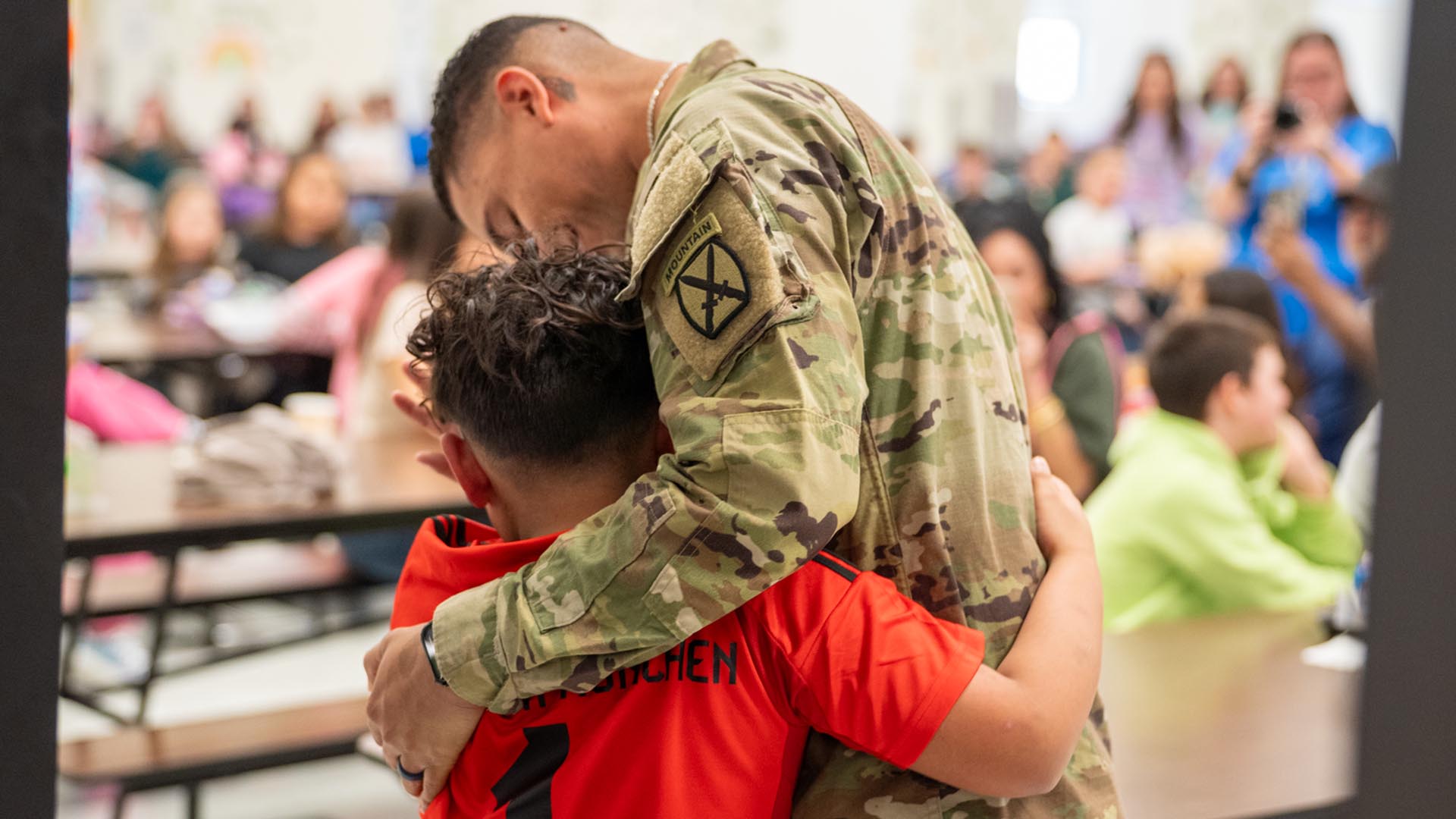
A man walks past an X which marks the approximate place where John F. Kennedy received a fatal head shot on Elm Street in Dealey Plaza October 9, 2013 in Dallas, Texas. The X is unofficially maintained and was used in investigations to mark the spot where a fatal shot was was delivered to US President John F. Kennedy’s head while riding in an open top limo. November 22 will mark the 50th anniversary of the assassination of JFK in Dallas’s Dealey Plaza. AFP PHOTO/Brendan SMIALOWSKI (Photo credit should read BRENDAN SMIALOWSKI/AFP via Getty Images)
After Nov. 22, 1963, Dallas was labeled the "city of hate" for being the place where President John F. Kennedy was assassinated. It put the city and its politics under a microscope in a way it hadn't been previously scrutinized.
"After the assassination, Dallas came under a great deal of international criticism in a way that was not experienced by Memphis after Dr. (Martin Luther) King's death in '68 or Los Angeles after Bobby (Kennedy's) death in '68," Sixth Floor Museum curator Stephen Fagin said. "Dallas was a very special case because the political atmosphere in the city in the months and years leading up to Kennedy's visit had unfairly characterized this community as extremist and toxic."
Watch NBC 5 free wherever you are
The assassination garnered more attention when the shooter, Lee Harvey Oswald, was shot by local nightclub owner Jack Ruby as police moved Oswald from the city jail to the county jail.
Get top local stories in DFW delivered to you every morning with NBC DFW's News Headlines newsletter.
"Ruby was very concerned about the right wing, which he saw as inherently anti-Semitic," Ruby biographer Danny Fingeroth said. "You know, that was a big concern of his and among the really wacky things he did in the 48 hours between the two killings, was kind of driving around Dallas as if he was a detective assigned by somebody to try to get to the bottom of who killed Kennedy."
The "city of hate" label stuck around long after Oswald's death. In fact, it followed Dallas residents around the nation.
"The publisher of the Dallas Times-Herald was in New York not long after the assassination and got into a taxicab," Fagin said. "The driver asked him where he was from -- and his name was Jim Chambers. When Chambers said, 'Dallas,' the cab driver stopped the cab and ordered him out in the snow because he wasn't going to drive him anywhere. He wasn't going to carry a fare from Dallas, Texas."
Local
The latest news from around North Texas.
Longtime Dallas Morning News reporter Michael Granberry recalled a similar story that took place 25 years after the assassination.
"I remember in 1988, I met an older man in New York and we met at a wedding and we were having a great conversation. And then he said, 'I forgot to ask, where you from?' And I said, 'Dallas, Texas.' And he suddenly looked like I had punched him in the gut," Granberry said. "He sat back in his chair and his face kind of went wide, and I said, 'Why are you reacting that way?' And he said, 'Oh, it's because of Kennedy. I'll just never forgive you people for how you killed Kennedy.' And then I felt like I'd been punched in the gut."
To learn how Dallas started to shed the "city of hate" label -- and why -- listen to this week's episode of Texas Wants to Know in the Audacy app or wherever you get your podcasts.



